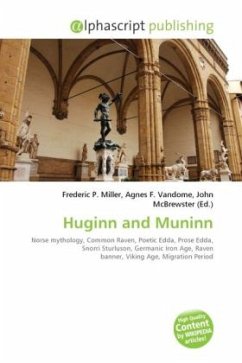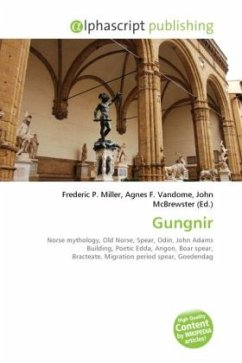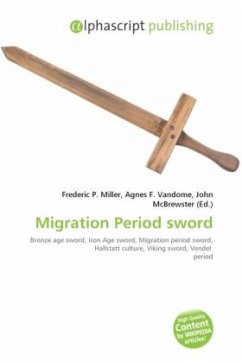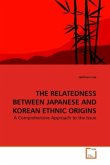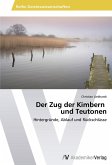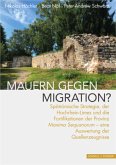In Norse mythology, Huginn (from Old Norse hugr "thought" or "mind") and Muninn (from Old Norse munr "memory" or "mind") are a pair of ravens that fly all over the world, Midgard, and bring the god Odin information. Huginn and Muninn are attested in the Poetic Edda, compiled in the 13th century from earlier traditional sources; the Prose Edda and Heimskringla, written in the 13th century by Snorri Sturluson; in the Third Grammatical Treatise, compiled in the 13th century by Óláfr Þórðarson; and in the poetry of skalds. The names of the ravens are sometimes modernly anglicized as Hugin and Munin (with a single n each). In the Poetic Edda, a disguised Odin expresses that he fears that they may not return from their daily flights. The Prose Edda explains that Odin is referred to as "raven-god" due to his association with Huginn and Munnin. In the Prose Edda and the Third Grammatical Treatise, the two ravens are described as perching on Odin's shoulders. Heimskringla details that Odin gave Huginn and Munnin the ability to speak.

